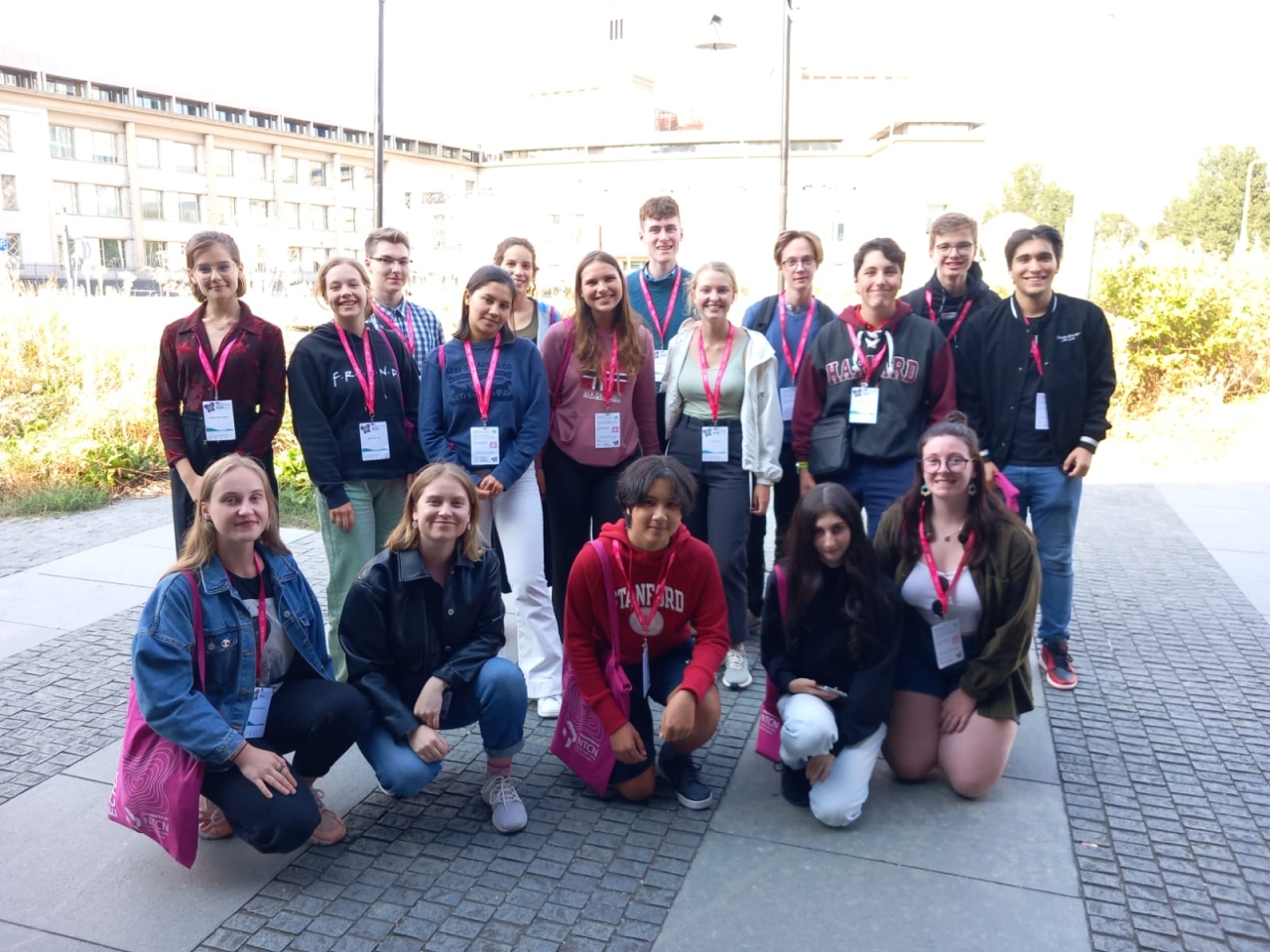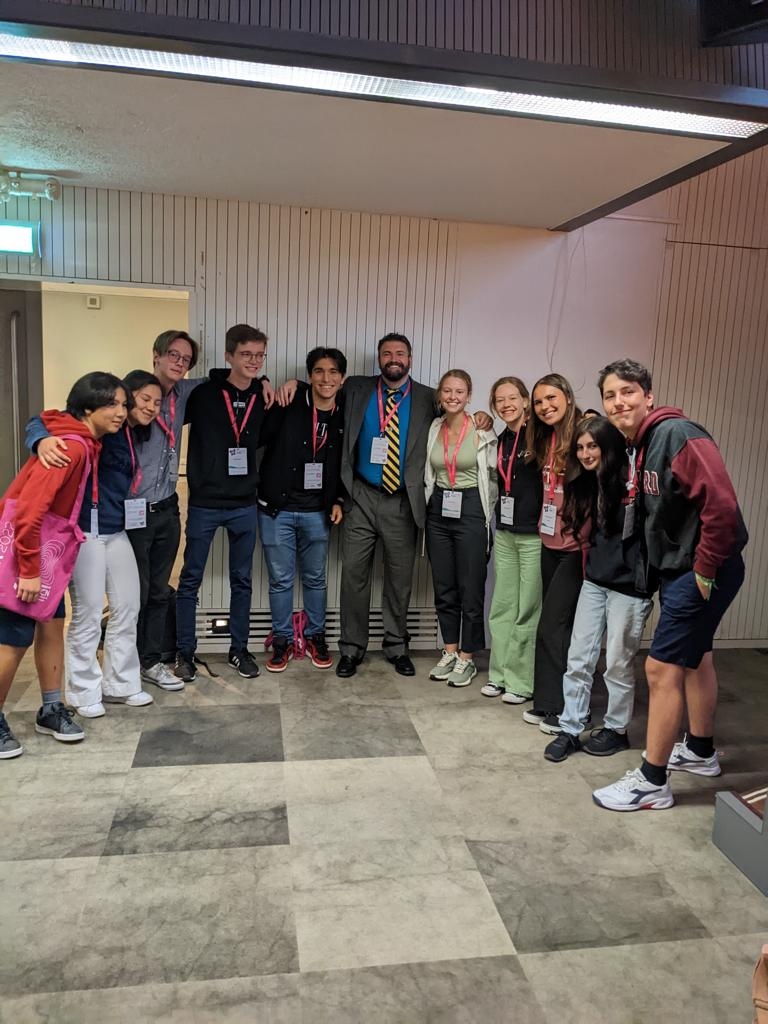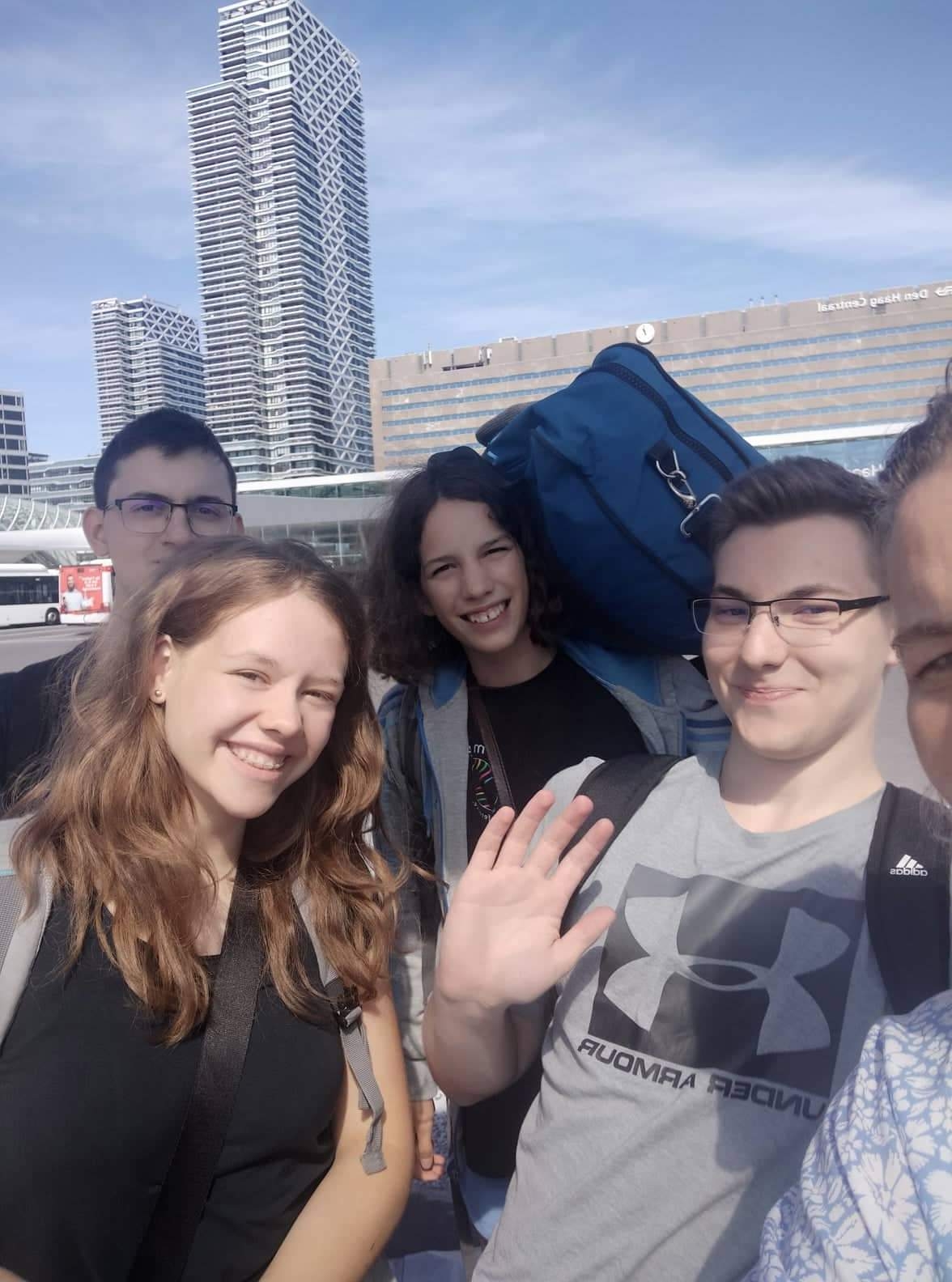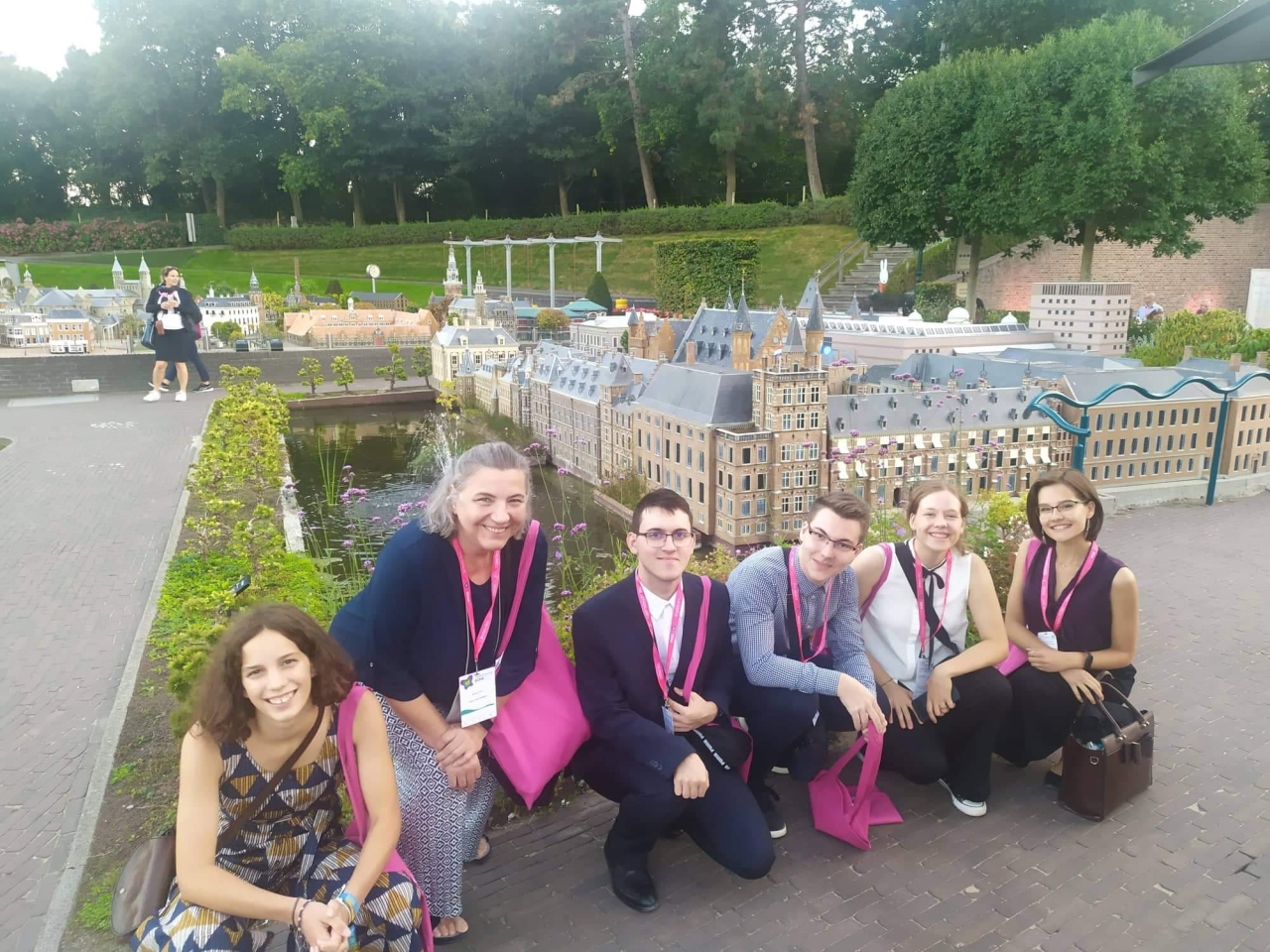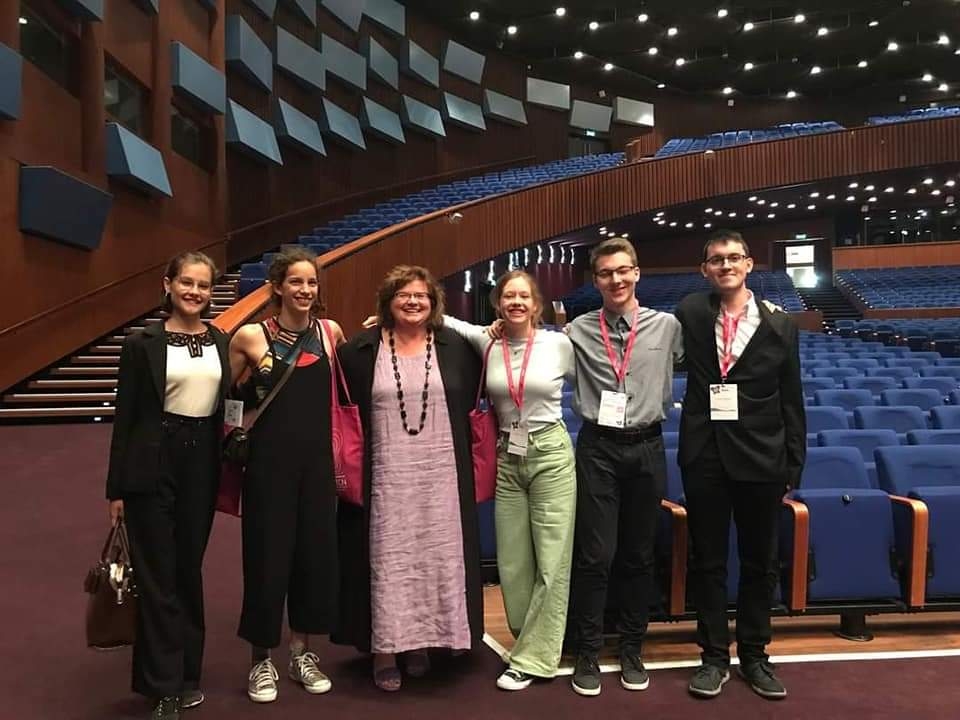Reading time: 4 minutes
The first time I heard about the ETSN Youth Summit, what immediately appealed to me about the program was the one-of-a-kind opportunity to spend 4 days in the Netherlands with such a busy and varied conference schedule that allows full immersion into open-minded talent development and innovative educational programs.
This year, more than 20 young people participated in the program—one from each of the seven different countries. Each one had a unique life story and talent, which made the team exceptionally diverse.
My time spent at the conference was a series of deep learning experiences with diverse and motivating topics. The presentation about the Mully Children’s Family (MCF) was the most impressive keynote, and it fascinated me the most. Mully Children’s Family is a revolutionary organization in Kenya. MCF have evolved as a center with deliberate programs geared toward promoting and nurturing gifts and talents among children and youths in marginalized and poverty-stricken communities. I felt touched by this initiative, as quality education certainty is a particularly important topic for me. So, I have an international organization called Athena, a program that provides free quality education globally, based on the same principles MCF have. In Athena, students can participate in online courses and skill-developing programs. Unlike other international programs, we provide lessons and resources to the participants to master the subjects of humanities that they don’t cover in their curriculum. Learning about MCF’s distinctive methods was exemplary for me, contributing to the further development of Athena. I was fortunate to meet Ndondo Mutua Mully—who has a key role in the organization—to find out more about MCF and the ways I can contribute to this impressive institution.
I could dive even deeper into the topic of talent development and personal growth by attending Jeanne Paynter’s presentation about how to teach the “aptitude of innovators” such as curiosity, creativity, insight, metacognition, and persistence while still addressing curriculum content. She introduced us to her brain-based model that applies techniques to make students more motivated and engaged in the lessons. It was riveting to learn about an equitable process that provides students with an education that prepares them for life and puts the learning material out of the classroom. Thanks to the inspirational talk, I understood the available options we have, to make education more personalized and engaging. As a result of this experience, right now I am conducting research on the topic of personal growth and the proper way of educating—to set up a student-centered English curriculum from the roots of educational principles and highly considering the needs of our time.
I not only had the opportunity to gain an understanding of educational initiatives but in direct and open discussions with the other youths, I got a thorough insight into the various and diverse talent development programs and educational systems in their countries. It was particularly interesting to hear that in some of the represented countries, students don’t have access to free talent management programs to nurture their skills and gifts. The welcoming environment gave us space to share our personal opinions and experiences as talents in the system. We all could agree that there is a high need for improvement in education to make it more accessible and personalized, especially for talents to get recognized and improve their gifts at an early age.
During my four days in Hague, I deepened my knowledge of education globally, managed to acquire certain aspects of a development mindset, and made lifelong friendships in different parts of Europe. I found out about the breathtaking architecture of the city through a boat tour with the other Youth Summit participants. The program was professionally organized; the schedule was full of thrilling activities, but I never felt tired. In fact, when I returned to Hungary, I had more energy and motivation than before.
written by Míra Tóth
